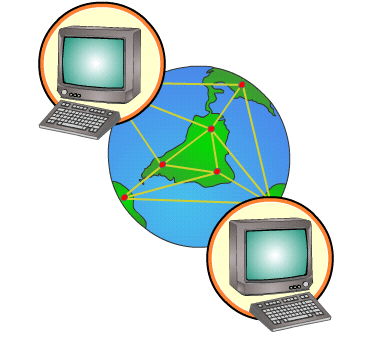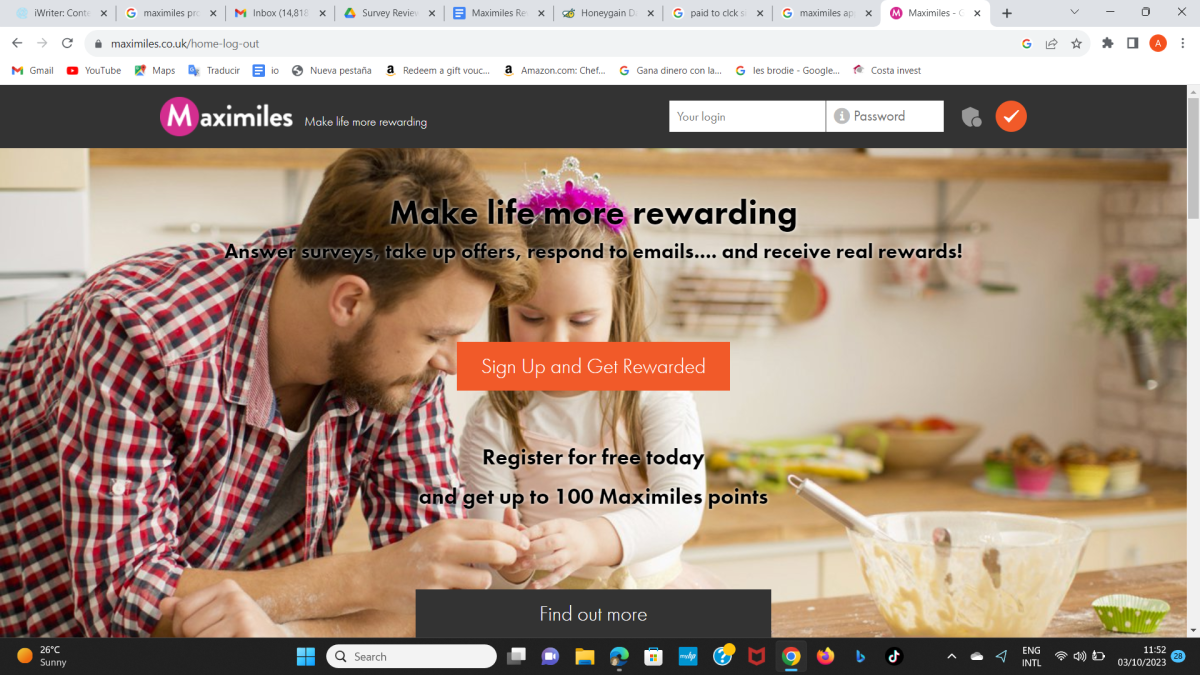Working Overseas Without A Permit

I’ve previously written about how difficult it is for Americans to get work permits in Europe—AKA: don’t waste your time. Work permits in Europe are practically non-existent for a number of reasons, the main one being that Europeans are having a hard time finding jobs, so why should their governments give away work permits to foreigners? As far as I’m concerned, that’s a fair reason.
That doesn’t, however, mean you can’t start working overseas without a permit. I’ve looked into this, and it’s possible, it’s just not ideal. And no, I’m not talking about getting a shady job under the table and working for cash. I’m talking about semi-legal ways to start working overseas without a permit.
If that’s what you want to do then words like virtual, remote, and telecommute will be your new best friends. Virtual, remote, and telecommute work from home jobs are the little crack in the legal working laws that may make it possible for you to start working overseas without a permit in the European Union and other countries. This is where it starts getting complicated, though. Work from home positions really are a crack, or a loophole in the law when it comes not only to foreign countries, but also in the United States in some cases.
Working From Home
The beauty of work at home jobs is that you can do many of them from anywhere in the world as long as you have internet. So if you’re an American citizen and take a work from home job from an American company, you’re set. You are legally authorized to work for that company, and you have freedom of location. As long as you stick to their timetable you could be in the Netherlands, Nebraska, or South Korea working for that company and no one would know the difference. Not all jobs are like this, of course, and some work from home jobs stipulate your country or even state, but if you find the right one they don’t care where you’re actually located, just that you get the job done.
In that respect, working from home sounds too good to be true, and sometimes it is. The problem comes with VISAs and tax laws. If you’re working for a U.S. company, and you’re a U.S. citizen, then the U.S. government has the right to tax your earnings. But if you’re working for a U.S. company, are a U.S. citizen, and are living in the Netherlands and using their public systems and services like transportation while earning money, don’t they have a right to tax you, too? Maybe. And if you’re in that country on a tourist VISA that stipulates that you cannot be employed in the country during your visit, are you violated the terms of your VISA by working overseas without a permit? Maybe. See how you might get in trouble?
Taxes
The tax laws are hard. They completely depend on the country you’re in, how long you stay, and, quite frankly, whether or not the country finds out you’re working overseas without a permit. In most cases countries won't try to tax you unless you're a resident, have a job, or are otherwise identified as living or working the country. So stay a tourist, don’t overstay your welcome, and shut up about working. Do not open a local bank account. Do not get paid in local currency. Stick to US everything, keep your mouth shut, and most people will look right over you and your job. That may not sound like the best advice, but I’ve heard it from a few different people, and there’s definitely some logic behind it. You’re not a resident of that country, you probably can’t stay for longer than 90 days, and you’re not taking jobs away from nationals. You’re just living there and feeding American money into the country. Because of this, most people, and even countries, will look the other way on taxes unless you cause a problem.
VISAs
The same idea that surrounds tax rules applies to VISA rules as well. Even if your tourist VISA requires that you’re not employed in that country, most people will look the other way if you’re helping the economy with your American money. Furthermore, some people make a distinction between employment and work. Employment means finding a steady job based in that country, and is unacceptable. Work is just doing something here or there for a job you left in the U.S. and doesn’t really pose a problem.
So if you mind your manners and work quietly in your remote U.S. or worldwide job, you’re probably okay. But then again, you might not be. You might just meet the wrong person on the street who finds out what you’re doing and decides they don’t like it. Laws are laws, and just because some people are willing to look the other way doesn’t mean everyone will.
Working abroad without a permit, particularly with remote U.S. jobs, is tricky situation, but if you’re up for a little risk and you really, really want to go abroad while still earning a living, it’s something to look into. Working a remote job while traveling abroad could give you exactly what you’re looking for, as long as you’re careful, and a little lucky.






